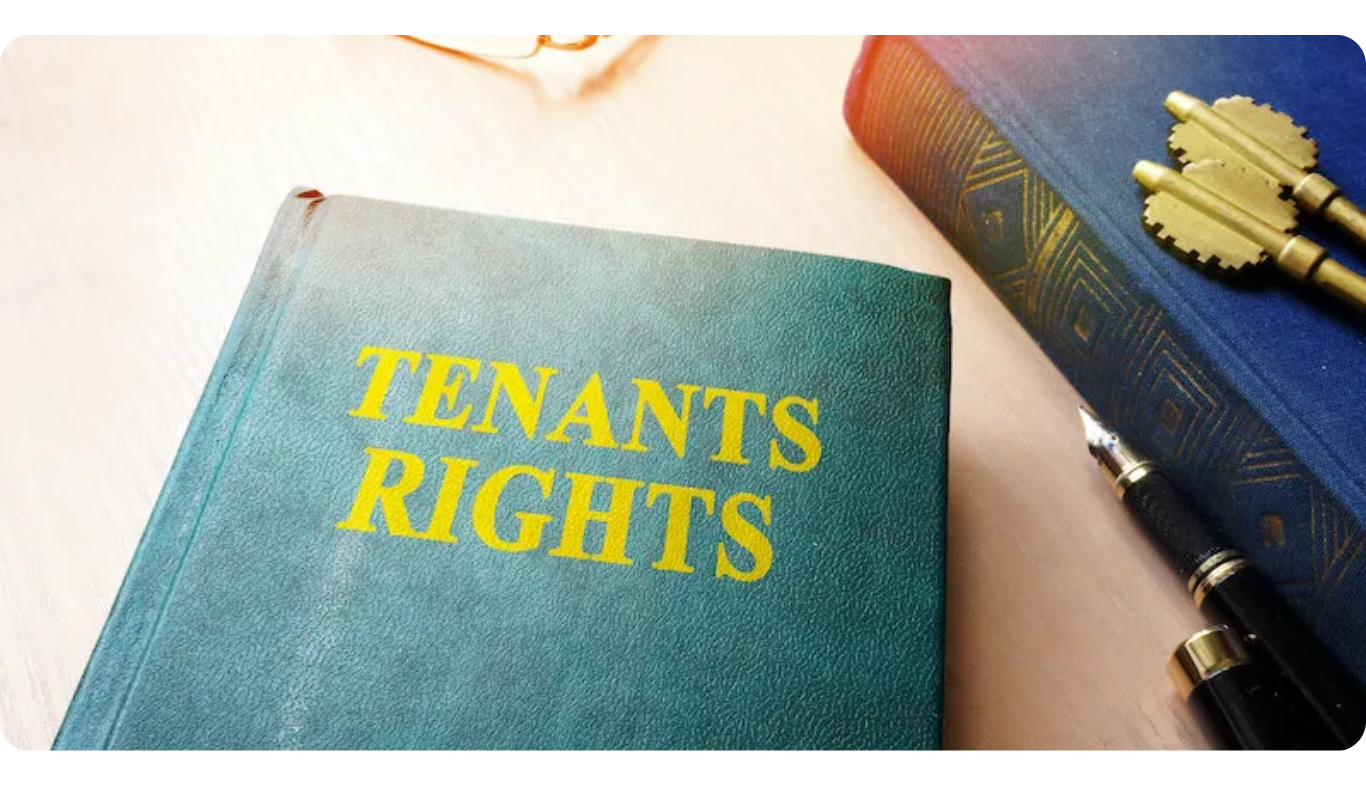As a landlord, do you know how renters’ rights work in Virginia? If you’re going to own a house with rental tenants or a rental building, you need to understand the legal rights that both landlords and renters have in order to stay within the legal confines of what’s acceptable. Because stepping outside of that can put yourself in a lot of trouble legally and financially. You shouldn’t need a lawyer in order to know the basic ideas behind Virginia law when it comes to rental properties. So let’s take a look at renters’ rights in Virginia and what landlords need to know.

The first thing that you need to know about renters’ rights in Virginia is that no renter should move into a new rental unit without receiving certain disclosures from the landlord. These disclosures must inform the tenant about specific information related to the unit they are moving into. This information includes the condition of the place, the identity or identities of anyone who is authorized to act on behalf of the landlord, and information about any potentially harmful conditions in the unit, such as mold.
Virginia landlords are also required to provide renters with a statement of tenant rights and responsibilities, as created by the Department of Housing and Community Development. Both sides also have to sign a form that acknowledges the tenant has received the statement of tenant rights and responsibilities from the landlord. The landlord also needs to provide a copy of that written agreement back to the tenant within a month of the rental agreement’s effective date.
If a landlord hasn’t done all of these things, they will be unable to file a lawsuit against a tenant for any kind of lease violation. So it’s a pretty big deal as a landlord to make sure you’re doing all the little things according to the letter of the law.
The state of Virginia puts a limit on how much a landlord is allowed to charge for a security deposit for a renter. That limit is two months’ rent or damage insurance that equals the same amount.
The state also requires that security deposits are returned to a tenant within 45 days of their move. If the landlord decides to deduct from the security deposit before the tenant moves out, they need to provide an itemized list of the deductions. You should list out every item or service as well as the dollar amount associated with it. If the landlord needs to make repairs, there should be receipts or a reasonable cost estimate provided.
Note that if a tenant disagrees with the deductions from the security deposit, they can sue in order to be reimbursed for that amount. A tenant can go to small claims court so long as the amount is $5,000 or less. In Virginia Small Claims Court, it is usually just the landlord and the tenant hashing out the money without lawyers, though you can choose to settle beforehand.
While a rental lease outlines the specific requirements of a tenant paying rent at a certain time, there are instances under Virginia law where a tenant can choose to withhold rent payments until an issue that appears to break the lease is resolved. This issue can be a needed repair that the landlord is required to make or makes living in the unit uninhabitable. Renters still need to comply with state rental laws, remain current in rent until given the landlord written notice, and then wait a reasonable period for the repairs to be made. But if they’re not, they can file a Tenantʼs Assertion in General District Court and then withhold rent or pay less rent without retaliation until an agreement is reached.
In Virginia, a landlord can’t evict a tenant unless they follow the legal court eviction process. The landlord needs to begin by sending a written notice to the tenant informing them of the violations and reasons for potential eviction. If there is no remedy, then the landlord can file an unlawful detainer lawsuit. The landlord is then required to get a court order of possession. At that point, a Writ of Eviction is served by the local Sheriff to the renter.
In Virginia, a renter has 21 days to cure a potential eviction and an additional nine days to quit the premises. If the landlord doesn’t give them this appropriate time to make things current, they risk losing their eviction appeal. The tenant must move as soon as the cure period expires and if they don’t the Sheriff is allowed to escort them from the rental property and then make plans for their personal belongings if they are not taken with them.
If the rental property has some kind of defect or disrepair that affects the health or safety of a renter, and a landlord hasn’t made any attempt to fix or solve the problem within 14 days after written notice, the tenant has the right to get the repairs done themselves via a licensed contractor. The cost for the fix cannot exceed $1,500 or one month’s rent, whichever number is higher. The tenant is then allowed to deduct the cost of the repair from their rent payment.
The tenant needs to send an itemized invoice and receipt for payment of the contractor to the tenant, along with the remaining rent owed after that deduction. A landlord can avoid this messy situation by following the letter of the law and responding to renter requests when they occur, especially if the renter is claiming their unit is currently unlivable due to repair concerns.

As you can see, when you’re a landlord there are a lot of rules, laws, and codes you need to follow at all times when it comes to renters’ rights. And when you don’t follow them or don’t meet the minimum criteria involved with being a landlord, that’s when you get yourself into legal or financial trouble. And if you end up needing to evict a tenant or end up in court with a tenant, it’s a messy situation that can grow even uglier once emotions and money become intertwined.
If you’d rather not deal with renters, contact Avante Home Buyers today. We will buy your rental property as-is and we will give you cash for it. Then, we’ll deal with the tenants and take care of the messy stuff. Let us make you a no-obligation offer and find out just how much cash you could get for your rental property.
It’s really simple. You reach out with information about your rental property. We’ll follow up fast and ask for whatever else we need. We’ll also make an appointment to tour the property. Then we’ll make you a fair, no-obligation offer and we’ll explain how we came to that number. If you accept, we’ll close on your schedule. If you want to move slow or fast, we’ll work with you. And then we’ll give you cash for your property as soon as we’re done. That’s it. All you need to do is make a call or fill out an online form and we’ll get the no-hassle process started.
Copyright 2024 © All rights Reserved.
Website Design & SEO Services By Steel Marketing